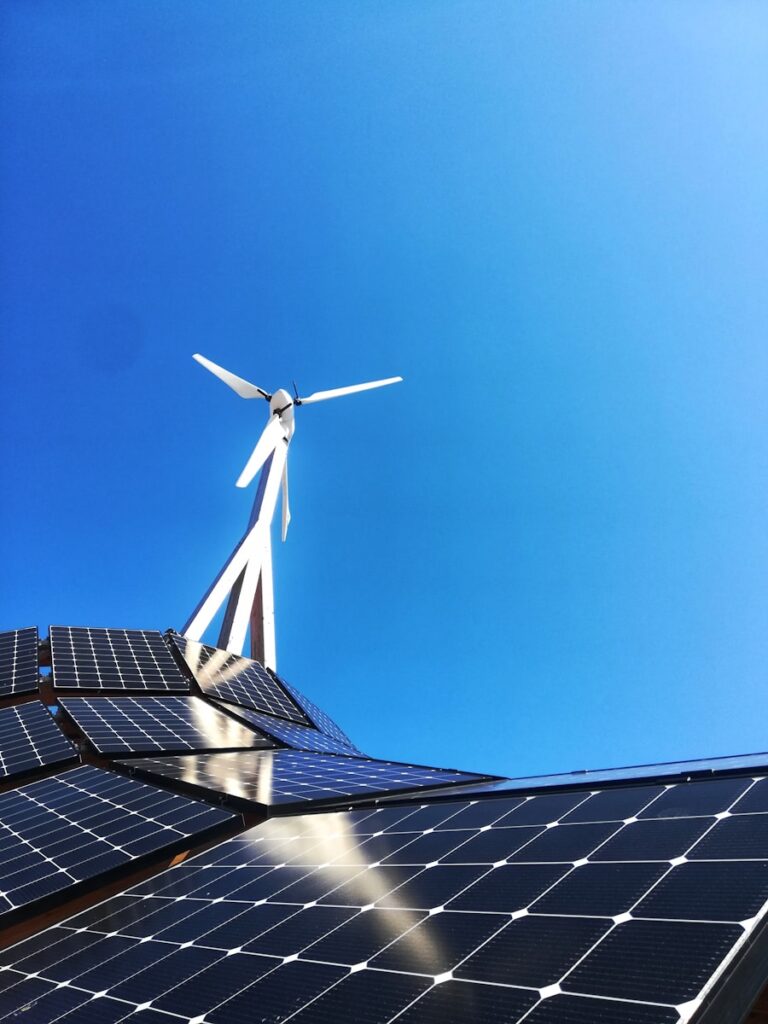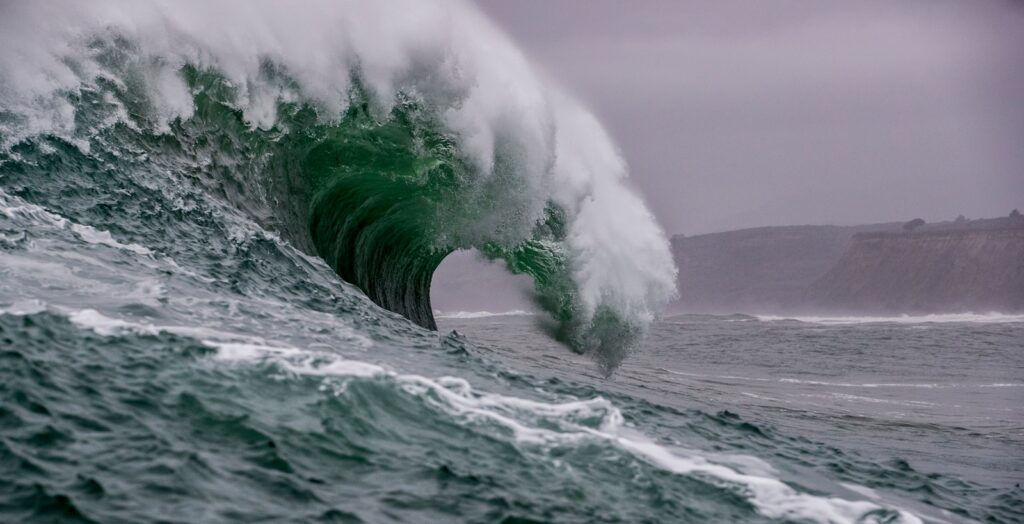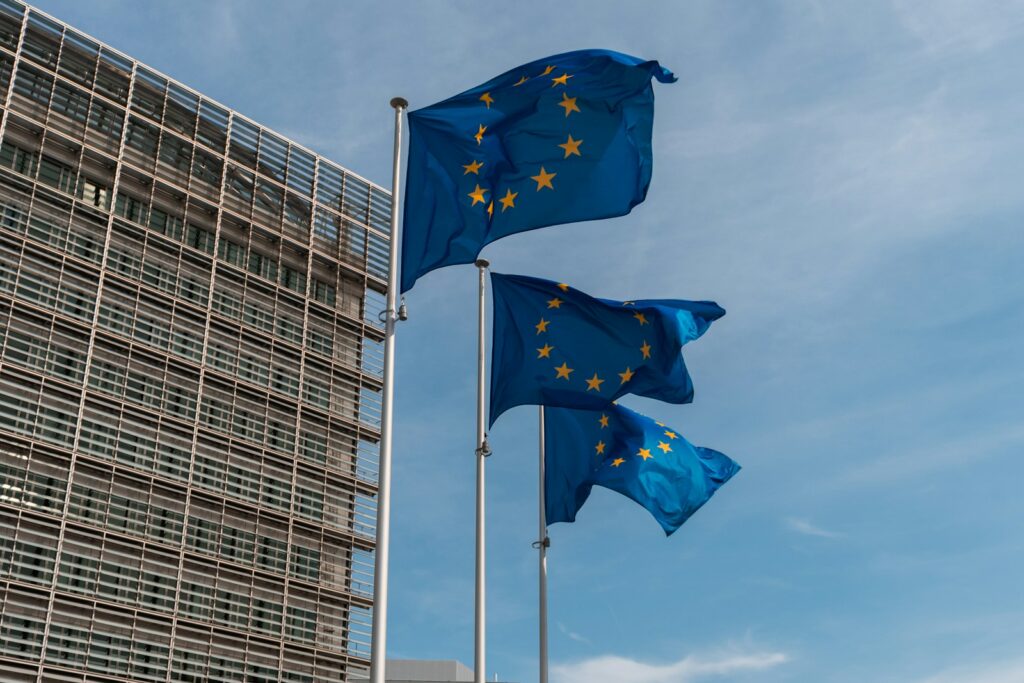
Young Liberals’ Vision for Stability, Security, and Democracy in Central and Eastern Europe
As Europe stands at a crossroads, Central and Eastern Europe’s role remains too undervalued in policy discussions. Young liberals bring valuable perspectives and solutions, and want to be included in shaping the response to the current challenges affecting this strategic region.






![Housing Transitions in V4 Countries: Challenges & Possible Solutions [WEBINAR] Housing Transitions in V4 Countries: Challenges & Possible Solutions [WEBINAR]](http://4liberty.eu/phidroav/2025/09/smgtvepind4-1024x768.jpg)





